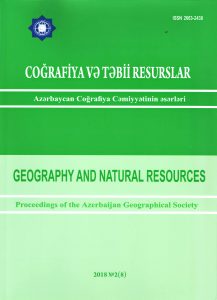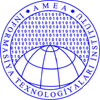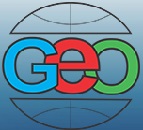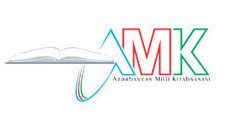THE SCIENTIFIC WORKS OF NASIRADDIN TUSI(the begining of article: “The scientific work of scientist in the limelight”)
I want to mention that, Tusi’s most works, which aren’t known by people, are kept in ancient libraries of Tehran, Tabriz, Istanbul, Baghdad, Damascus and Near East without being analyzed and specialists have to work on them. The scientist is the first author of most discoveries in the field of mathematics. But foreign scientists often use his discoveries. As it was mentioned above, most scientific works of Nasiraddin Tusi haven’t been learned by European researchers enough and so, some actual works of the scientist have been published by plagiarists as their own works. Tusi’s comprehensive scientific activity amazed people of all time. The Syrian historian Abul Faraj Bar Hebraeus worked in Maragha observatory in XIII century. He wrote about the observatory in his “General history”: “I got an opportunity to work in Maragha library, which was full of books written in Syrian, Arabic and Persian. The library wasn’t smaller than the library of Alexandria of Egypt and was the greatest library of the world for number of scientific works kept there”. It proves that, Maragha library had a great role in development of the science and culture. Bar Hebraeus could get acquainted with very significant historical materials there. The Syrian historian wrote about Tusi in his “General history”: “The Turkish philosopher, well-known scientist, mathematician Nasiraddin Tusi was introduced to me (in 1264). He had invented equipments (astronomical) for observations and created bigger (in comparison with Ptolemy’s circles) copper circles. He had visited Alexandria in order to observe and record planets’ movements. Scientists of different countries gathered around him in Maragha. He got salaries and grants of scientists and students for them. He had a lot of works – translation of “Logic”, researches on theology and natural sciences… Besides it, he is the author of “Ethics” (“Akhlagi Nasiri” – R. D.) written in Persian. He collected thoughts of Platoon and Aristotle about applied philosophy there. He had got acquainted with works of ancient philosophers either and didn’t deny them”. Such popular scientist couldn’t not to attract attention of scientists, philosophers, thinkers and intellectuals of the West. N. Tusi was popular all over the world and his scientific heritage was discussed everywhere from Chine to Europe. There were enough information about him in large libraries of Europe and Near East in the middle ages. The value of the annual precession of the Earth’s rotation axis was determined as 51//4 in Maragha observatory under the leadership of Nasiraddin Tusi (modern value is 51//2). There are a lot of mathematical, astronomical and geographical tables in “Zij-i Ilkhani”. The most important tables are tables of sinuses and tangents in sexagesimal numeral system and tables of geographic coordinates of 256 cities, which were known in XIII century. 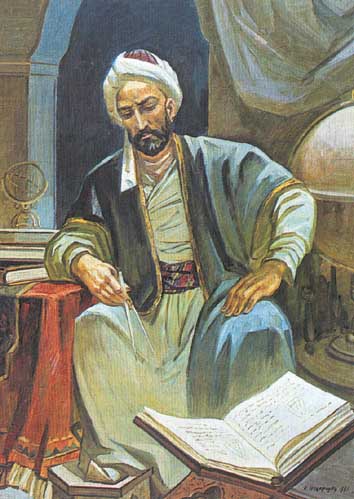 Muhammad Nasiraddin Tusi (1201-1274)
Several astronomical catalogues consisting of geographic coordinates were made in the East before XIII century. But “Zij-i Ilkhani”, which was written in Maragha, was very different for exactness of measurements. Geographic coordinates of Peking and Cordova, which were situated in the East and West of the Old World, were fixed almost precisely in mentioned catalogue and distance between East and West of the Old World was calculated at the result of it. The length of the equator was almost equal to the modern value. So, the width of the Atlantic Ocean was more than the width of the Old World. It meant that, there should be a large land area in the middle of the Atlantic Ocean. Coordinates of its eastern and western coasts had to be determined. According to “Zij-i Ilkhani”, Tusi and science collective of Maragha observatory could cope with this job successfully. Best regards, the member of Azerbaijan Geographic Society, President grant holder on literature, laureate of the “Golden pen” award, writer/ investigator Ramiz Daniz email: [email protected], [email protected]  32134 32134 |
|








 AZ
AZ EN
EN RU
RU


